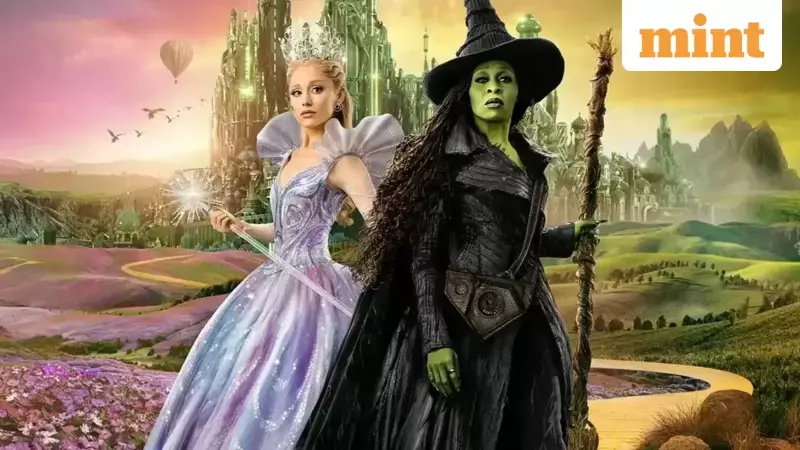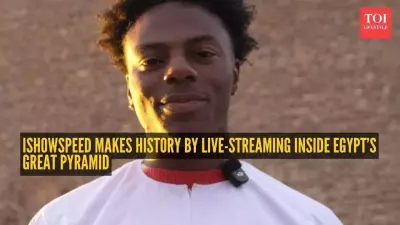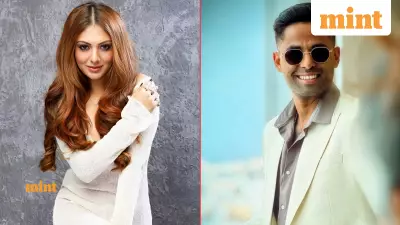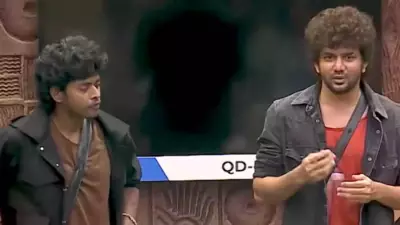
Wicked Part 2: A Deeper Dive into Oz's Complex Relationships
The highly anticipated sequel to Wicked has finally arrived, and if the first part belonged to Cynthia Erivo's green-skinned Elphaba, then Wicked Part 2 unquestionably belongs to Ariana Grande's Galinda. After a year-long wait, fans are treated to a film that speaks directly to anyone who has ever felt like they were faking their way through life or believed their best friend possessed all the real talent.
Emotional Depth and Social Commentary
This installment hits much harder than its predecessor, particularly for animal lovers and those who have experienced the pain of being misunderstood. The film doesn't shy away from difficult themes, presenting home truths with raw emotional impact. The powerful banter between the two friends, now separated by their choices to represent opposing sides of society, creates compelling drama throughout the narrative.
One of the most poignant moments comes when Dr. Dillamond, the goat teacher, is forcibly dragged from his classroom and loses his ability to speak properly. Elphaba's confrontation with the Wizard reaches its peak when she holds a broom to his throat and asks, "How does it feel to lose your voice?" This moment resonates deeply with anyone who has ever felt silenced or forced to bite their tongue in real life situations.
Shocking Moments and Complex Characters
The film delivers several gasp-worthy scenes, including when Glinda slaps Elphaba across the face in a moment of raw emotion. When Elphaba asks if that felt good and Glinda replies yes, Elphaba returns the slap with a defiant "Me too!" This confrontation challenges conventional expectations about how friends should behave and adds layers to their complex relationship.
Madame Morrible, played by the wonderful Michelle Yeoh, emerges as the true power behind the Wizard's throne, secretly craving the public recognition she deserves. Meanwhile, Elphaba's isolation from Oz becomes more pronounced as she tries to explain her actions regarding the animals, particularly her attempt to rescue the lion who turned out cowardly and her regret about the magic affecting the monkeys.
The romantic subplot between Elphaba and Prince Fiyero (Jonathan Bailey) provides magical moments, but it's Elphaba's rage against an unjust world that truly captivates in her powerful song 'No Good Deed'. Glinda's optimistic attempts to broker peace between the Wizard (Jeff Goldblum) and Elphaba lead to shocking discoveries that will leave audiences stunned.
Connections to Classic Wizard of Oz
The film cleverly connects to the original Wizard of Oz in entertaining ways, finally introducing Dorothy, Toto, the twister, the cowardly lion, and the Tin man - who appears even scarier than the Wizard himself. The magical creation of the yellow brick road provides one of the film's most visually stunning sequences, though Indian viewers might find themselves wishing municipal corporations could learn from this effortless road-building technique.
The true standout, however, is Ariana Grande's mastery of pink. She carries the color with such brilliance that she never appears overwhelmed by it, even as she experiences crying, self-realization, envy, and deception while dressed in various pink ensembles. Her song 'Could Be Happier' beautifully captures the struggle of maintaining a smile through difficult times.
While Elphaba represents strength and defiance, it's Glinda who unexpectedly captures hearts as she realizes her role has been reduced to being "pretty" and making everything look good. The film's exploration of their friendship, set against the backdrop of "you need the wicked so that people appreciate the good," makes for a compelling narrative that will linger with viewers long after the credits roll.





